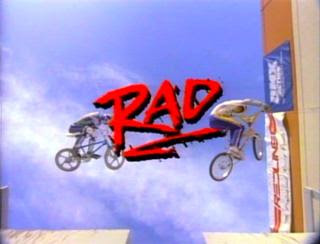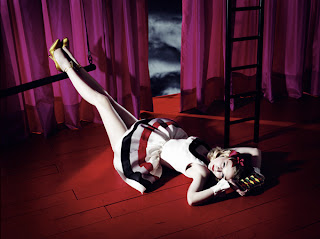nothing obscene, but there's a half circle that looks a bit like a bite mark.
so i wikipediaed rabies.
and its one of those times that im sort of hoping somebody tinkered with the article. sounds like someone nerdy having fun:
viral zoonotic neuroinvasive
sounds kind of 80s RAD!

VIRAL!

ZOONOTIC!

NEUROINVASIVE!
the author of the article also states that rabies is latin for "madness, rage, fury" which i initially misread as "furry."
the oxford english dictionary says that it is, infact, latin, and means "to rage, to rave."
i automatically think of neon and E when i hear rave. I wont put you through it, but "rave" has a bevy of uses.
and i always encourage exhausting all meaning of any word.
The first thing i though of were rats. It turns out that they hardly ever carry rabies, and that more classically it seems that farm animals carry it: dogs, cats, cattle, bats.
I had rather disliked rats and their seeming association with all major disease outbreaks- atleast the biggie medieval ones.
A friend of mine started breeding them, and although I still can't understand the want to own them, i like them a little bit more.
I have started into a book called R A T S about city dwelling rats. It's by Robert Sullivan and won a lot of acclaim. I was skeptical, but its worth a read.
I couldnt end this post without looking up "rad" to see if it had anything else to offer.

"Frightened, afraid, alarmed. Const. of, for, and infin"
"Quick, hasty, speedy; active, prompt, ready; eager, elated."
"Of or pertaining to a root or to roots"
"Characterized by independence of, or departure from, what is usual or traditional; progressive, unorthodox, or revolutionary (in outlook, conception, design, etc.)"


































